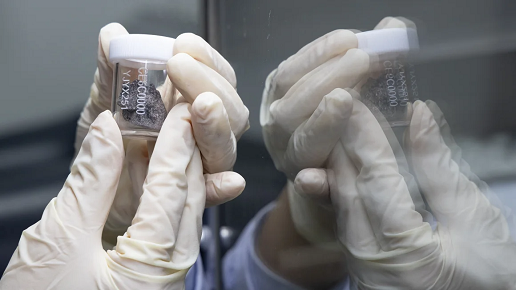By The China Post, Taiwan/ Taiwan Immigrants' Global News Network
According to The China Post, in Taiwan, new mothers can take paid maternity leave, and apply for parental leave after giving birth which protects their right to work during and following their pregnancies.
However, though the “Act of Gender Equality in Employment” (性別工作平等法) is also applicable to migrant workers, in practice, many migrant worker mothers may still lose their main source of income resulting in labor disputes and unemployment threats if they become pregnant.
Though terminating employees due to pregnancy or pregnancy-related problems is illegal, some migrant workers still find themselves pressured to quit or being indirectly let go.
As most migrant workers in Taiwan are employed as long-term caregivers living under employers’ roof or work in factories, where dormitories are usually provided, they will find themselves without a place to reside as they are no longer under employment.
Read More: Taiwan to launch new online platform for migrant workers in 2022
However, during this time, they still have to bear the expenses of childbirth and subsequent child support, putting them in a difficult situation.
1013.jpg)
Department of Labor, Taoyuan City Government protect the rights and interests of pregnant migrant workers working in Taiwan. (Photo / Provided by Department of Labor, Taoyuan)
In order to take care of migrant mothers who are caught in labor disputes due to pregnancy, the Taoyuan City Department of Labor (桃園市勞動局) plans to outsource a “Migrant Workers’ Maternity Consultation and Resettlement Service Platform” (移工生育諮詢暨安置服務平台) to provide pregnant migrant workers’ relevant services.
4-way Voice reporters also called the Foreign Labor Affairs Section of the Labor Department in Taoyuan and learned that the platform will provide resettlement centers for migrant workers waiting for the birth of their child, and provide services such as accommodation subsidies, psychological counseling and work rights consultation.
After the pregnancy, they will also help them return to their home country according to their wishes, or help send their babies back to their home countries and help the migrant mothers re-enter employment.
1013.jpg)
Taoyuan migrant workers’ maternity placement center to go live in 2022. (Photo / Retrieved from Pixabay)
The Foreign Labor Affairs Section spokesperson further explained that since legal migrant workers are included in Taiwan’s national health insurance, the cost for related services under normal circumstances will not be too high.
For special circumstances such as premature births or children with disabilities, which may require higher costs, the amount of subsidy will be adjusted according to the needs assessment of each case, they added.
During the resettlement period, the program is currently planning to subsidize NT$200 per day and provide migrant worker mothers NT$500 per day after they give birth.
The resettlement time will start from the time when the migrant workers begin the legal process in labor disputes and after further assessment that they meet resettlement requirements.
Assistance will be provided for as long as 6 months after the migrant workers give birth.
At present, the Department of Labor is expected to build a resettlement center to accommodate 24 beds to provide such services.
The resettlement project is for legally hired migrant workers, but will not be limited to those working in Taoyuan. It is expected to be launched on Jan. 1, 2022.
At present, some civilian resettlement centers have pregnant migrant mothers living with ordinary migrant workers, which makes it difficult to provide comprehensive care.
Authorization of this article from【The China Post】






